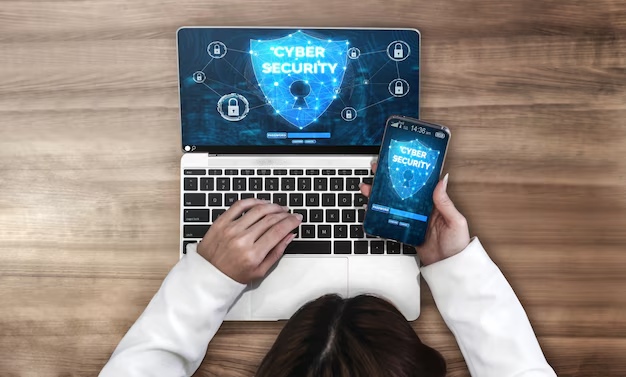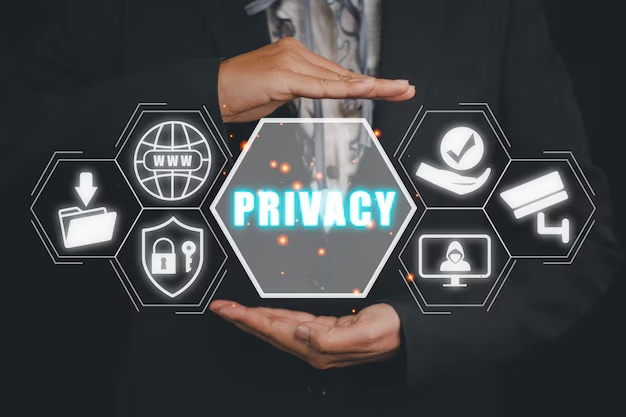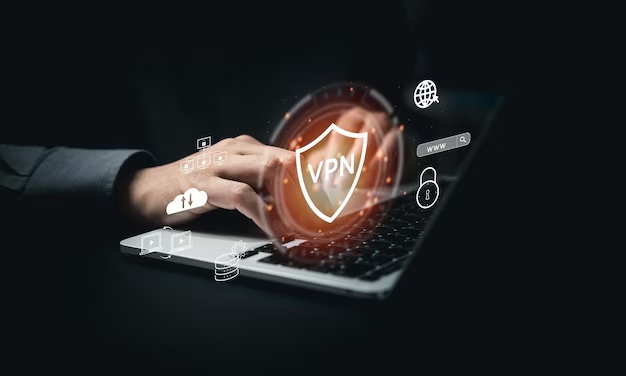Blog
Securing Digital Assets in 2025: The Critical Role of VPNs in Privacy and Protection

In 2025, digital asset security has become a significant concern for both individuals and organizations. Research shows that 32% of U.S. adults used a VPN this year, a drop from 46% in 2024. Yet, as cyber threats become increasingly sophisticated and governments expand their surveillance capabilities, the need for protection is stronger than ever.
Virtual Private Networks (VPNs) now play a crucial role in securing digital wealth, including cryptocurrencies, NFTs, financial data, and sensitive business information. With billions at stake and 65% of organizations planning to upgrade or replace their VPN solutions, understanding how VPNs strengthen security is no longer optional — it’s essential.
Digital Asset Security Landscape
Digital assets encompass a wide range of valuable properties, including cryptocurrencies, NFTs, securities, personal financial data, and business records. As their value increases, so do threats against them.
Key Threats in 2025
- AI-powered hacking: Criminals use AI to identify and target wealthy users.
- Social engineering: Scams that trick people into revealing passwords or keys.
- Government monitoring: State-level tracking of crypto transactions.
- Exchange Hacks: Vulnerabilities in Centralized Platforms.
- Unsecured Wi-Fi Risks: Data Theft on Public Networks.
Assets That Need VPN Protection

| Asset Type | Risk Level | VPN Benefits |
|---|---|---|
| Crypto Wallets | Critical | Hides IP, secures transactions, exchange access |
| NFTs | High | Safe bidding, marketplace access, collection privacy |
| Business Data | Critical | Client confidentiality, remote access security |
| Cloud Files/IP | High | File protection, leak prevention |
| Personal Finance | High | Banking privacy, ID protection |
Secure Storage with VPNs
Digital asset storage must be multi-layered. VPNs are not a replacement for wallets or encryption, but they add a strong shield during access and transfers.
For users seeking reliable protection and advanced privacy tools, PlanetVPN provides solutions to the digital asset era. The future of digital wealth depends on proactive security. VPNs remain at the heart of that defense.
Cold Storage and VPNs
- Hardware wallet use: VPN encrypts connections when wallets are plugged in for updates.
- Multi-signature setups: Ensure safe collaboration between signers in different locations.
- Backups and recovery: Keeps recovery information private during cloud access.
Hot Wallet Protection
Active trading requires hot wallets, which are more vulnerable to exposure. VPNs strengthen them by:
- Encrypting connections to exchanges.
- Protecting DeFi transactions from man-in-the-middle attacks.
- Masking IPs during transaction broadcasting.
| Storage Method | Security Level | VPN Role | Best Use Case |
|---|---|---|---|
| Cold Storage (offline) | Maximum | Not needed | Long-term savings |
| Hardware Wallets | High | For updates | Medium-term holdings |
| Hot Wallets | Medium | Mandatory | Active trading |
| Exchange Custody | Low | Essential | Short-term trades |
Privacy Protection in Digital Asset Use
Privacy is key in protecting wealth. VPNs act as a barrier against surveillance, analytics, and data leaks.
How VPNs Protect Privacy
- Hide IP addresses to stop tracking.
- Block traffic analysis through encryption.
- Protect metadata such as time, location, and usage patterns.
Balancing Privacy and Regulations
- Jurisdiction flexibility: VPNs help manage compliance across regions.
- Data localization: Ensure that financial data remains within the required countries.
- Audit safety: Protect strategic communications while meeting reporting needs.
| Privacy Risk | Without VPN | With VPN |
|---|---|---|
| IP exposure | High | Protected |
| ISP monitoring | High | Hidden |
| Transaction linking | Critical | Reduced |
| Government tracking | Critical | Encrypted |
Best Practices for VPN Use in Asset Security
A VPN alone isn’t enough. Best results come from combining it with broader practices:
- Use dedicated devices only for digital assets.
- Split traffic so asset-related tasks always go through VPNs.
- Enable multi-factor authentication for accounts and VPN logins.
- Choose servers carefully based on jurisdiction and load.
- Turn on kill switches and DNS leak protection.
Quick Checklist:
- VPN kill switch ✔
- DNS leak test ✔
- MFA enabled ✔
- Backups tested ✔
- Server rotation monthly ✔
Tools and Technologies Supporting VPNs

Security tools that work best alongside VPNs include:
- Hardware wallets: Keep private keys offline.
- Multi-sig platforms: Shared signing with VPN protection.
- Portfolio trackers with VPN support: Hide holdings and trades.
- Trading bots: Secured with API-level VPN integration.
Newer VPN trends include AI-driven threat detection, quantum-resistant encryption, and blockchain-based decentralized VPNs (dVPNs) for stronger censorship resistance.
Geographic and Regulatory Factors
VPN use isn’t equal worldwide. For example:
- China heavily restricts VPNs.
- EU regulations demand strict data privacy (GDPR).
- The U.S. has varying federal and state-level requirements.
VPNs help digital asset users remain compliant while maintaining their privacy.
Performance Optimization
Trading requires speed. VPNs can be configured for performance by:
- Picking servers close to exchanges.
- Using faster protocols like WireGuard.
- Applying split tunneling to reduce unnecessary VPN load.
Future-Proofing Security
To stay ahead, asset holders should prepare for:
- Quantum computing risks: Use VPNs with quantum-safe encryption.
- AI-powered attacks: Rely on VPNs with built-in AI defense.
- Regulatory shifts: Opt for flexible VPNs that can adapt to changing compliance needs.
Conclusion
In 2025, securing digital assets is no longer optional. From cold wallets to DeFi trading, VPNs offer the privacy and protection necessary to safeguard against cyber threats, surveillance, and financial profiling.
Modern VPNs have evolved into more than just tunnels — they now include AI monitoring, quantum-resistant security, and blockchain integration. To stay safe, individuals and organizations must combine VPNs with other best practices, such as hardware wallets and multi-factor authentication.
